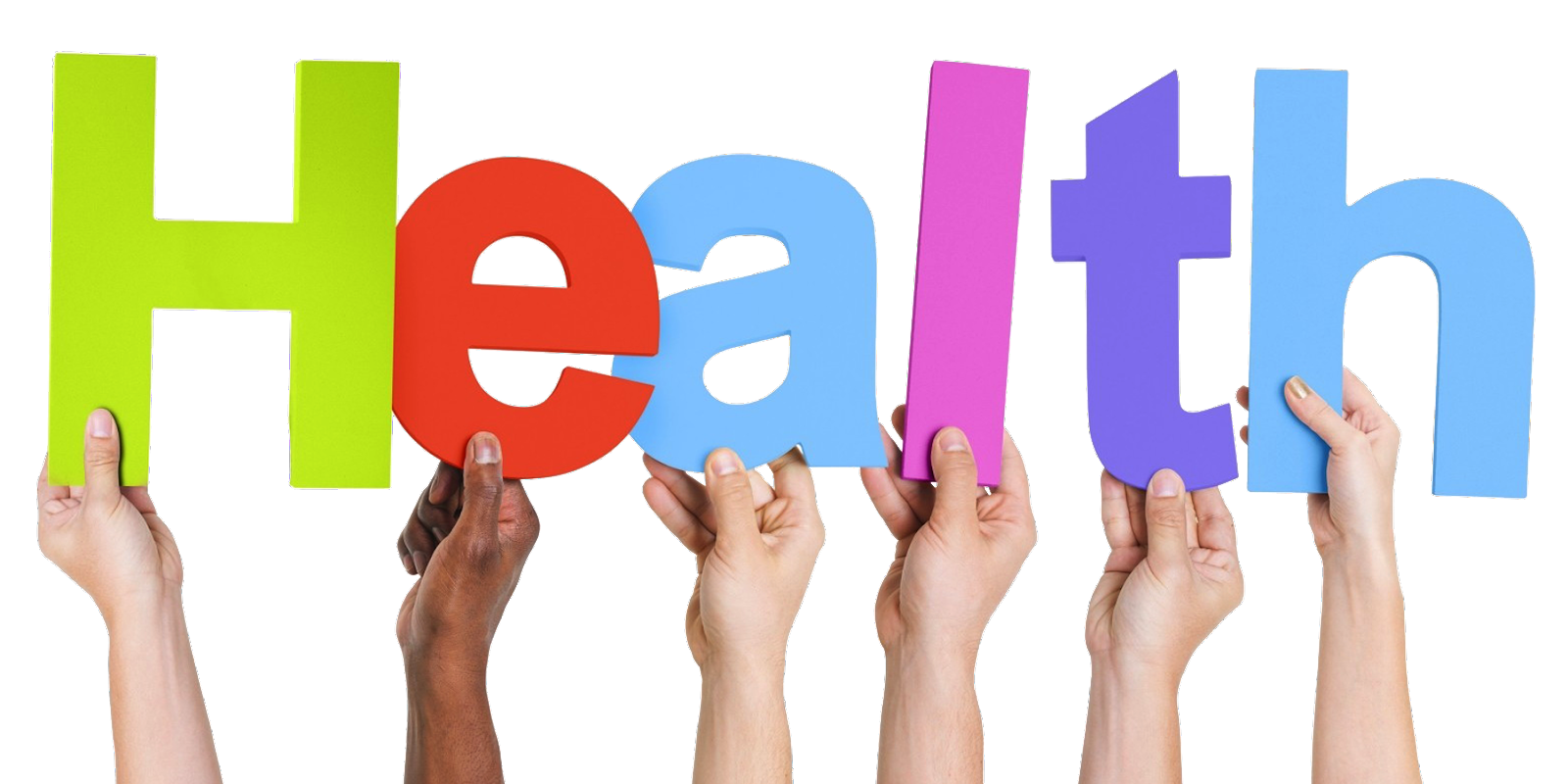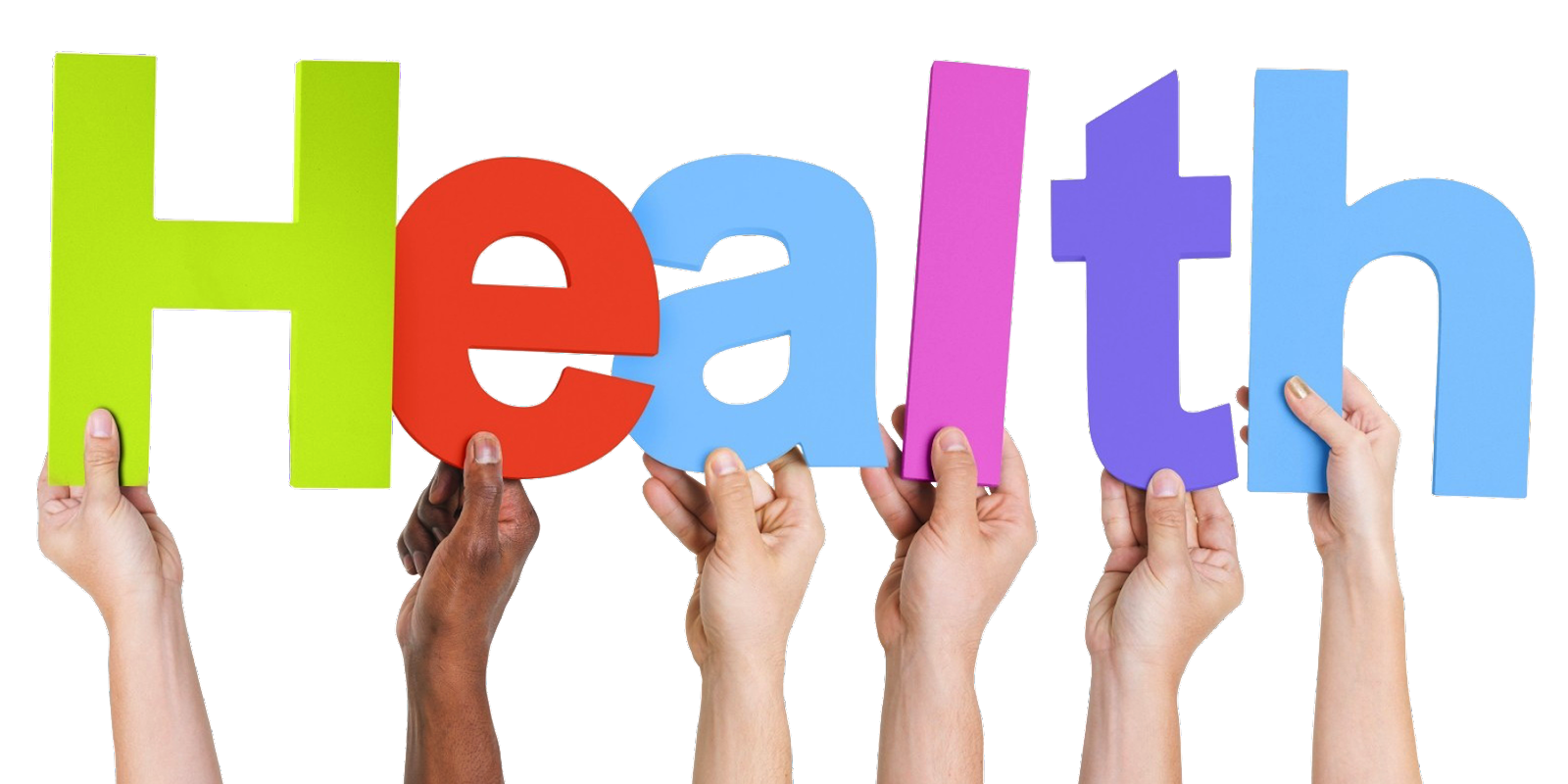Tips for Avoiding Back Pain
Lower back pain, sciatica, or lumbago, as it is sometimes known, affects almost all adults at some point in their working lives. This pain interferes with all aspects of their lives, such as work or posture-related conditions such as low back pain in drivers, with a high incidence of hip pain in golfers. Back pain or sciatica can have a detrimental effect on physical relationships between partners.
In general, lower back or hip pain will ease after a few days, although some events may take longer to resolve or resolve, and in these cases, it is wise to contact your GP to diagnose the condition and seek appropriate back pain treatment.
Instead of tolerating the pain of lower back problems in the first place or avoiding a recurrence after you recover from the last match, there are some simple steps or changes we can all make to minimize the threat of pain. While we don't usually appreciate the burdens and stresses we put on our spine, it is worth paying a little attention to how we can maintain a healthy regime to minimize it in our routines, tasks, and past times. Now the risk of back problems.
Here are some tips to take care of your back and avoid lower back or hip pain
Eating habits
This may sound obvious but a healthy balanced diet enables the body to perform its normal function, such as joint lubrication, which is essential for a healthy back but also the ability to allow 'self-repair' when we do stress and overwork. For example, digging a garden seasonally. It is really helpful to drink lots of water.
Drive
When drivers climb slowly in motorway service areas from their cars and lorries, they stretch, stretch, and massage their lower back, causing prolonged driving with minimal back pain. Lumbar pain in drivers is a common condition caused by poor posture, staying in the same position for a long time, and full-body vibration (WBV, particularly lower back, such as lorry drivers or vehicles)
The advice here is to make sure your seat is properly positioned to support your posture, that your hips are properly supported, and try to have frequent breaks while driving and doing some simple stretching exercises.
Exercise
You can often help with hip pain with exercise. Exercise is considered an effective means of effective back pain treatment and pain prevention. Regardless of increasing endorphins (or feeling-good factors), regular exercise can help maintain healthy muscle joint mobility and reduce the risk of stress through flexibility, physical activity. If you are already suffering from back pain or sciatica, talk to your healthcare professional for advice on useful exercises to reduce or prevent back pain.
To lift
Most of us have received instruction on proper lifting techniques that should and should not be done at times to avoid back pain but how often do we ignore the advice of 'Elf and Safety Enthusiasts' work in the workplace until late. Applying common sense techniques can help lower back problems. Do not over-stretch, use heavy objects with your knees instead of bending your back, and do not bend, do not overlap, and do not ask for help, especially if you are dealing with a strangely shaped object.
It is useful to consider the bag you carry. If you are suffering from back pain, consider using one of the airline-style wheel bags to avoid putting unbalanced loads on your back, rather than carrying your laptop and work documents in the shoulder bag.
Pose
Posture is often referred to as a cause of back pain. Through slouching we compress the lumbar joints over time and increase the incidence of back pain problems in the future. Think about how you sit in the workplace and how you use your telephone handset, hold it in use or get a headset. Don't get into the habit of cradling a handset on your shoulder and ear because it can lead to poor posture or sometimes back pain.
Are you sitting properly in your workplace, or is your car or lorry seat in the correct position to maintain a proper and healthy posture on your back?
Sleeping position
The way you sleep can sometimes lead to back pain. Poor sleeping posture does not help with back pain. Sleeping on your stomach is not considered a good idea, it can put stress or burdens on your neck and back, which does not allow your spine to adopt a comfortable posture, which can lead to back pain. It is essential to have a good bed that will support your spine
Smoking
Again, smoking does not help with back pain. If there's not enough reason to kick weed, here's another. Smoking reduces the ability of the blood to carry oxygen throughout the body, including the intervertebral discs of the lumbar spine. If the muscles and joints cannot recover quickly from stress, it can lead to inflammation and low back pain
Sports Warm-Up
Most of us are not professional athletes who have unlimited access to advice on strategy but can pursue sports activities like a weekend pursuit or pastime, often in contrast to our increasingly sedentary jobs. It is important to carry out practice and stretching exercises (not just our backs) before starting to reduce the risk of back pain or injury that can lead to back pain.
A classic example of golfers suffering from unnatural loads on the lumbar spine is through the golf swing or bending about 150 times around to retrieve or place the ball. It is worth asking your health professional or specialist in your field e.g. Club professionals provide a practice routine to help prevent lower back problems or help with back pain.
Standing
It is estimated that the average person maybe half an inch taller in the morning than in the evening, as a direct result of gravity, which has the effect of compressing the spine during the day and recovering only at night when lying in bed. This daily downward pressure on the joints and discs of the lumbar spine can lead to back pain over time. If you are in a job that requires constant staying e.g. Hairdressing, then try to take the weight off your feet and sit down when you have the chance
Watch your weight
Being overweight can lead to back pain and back pain. Apart from the common causes and health problems surrounding obesity, every extra pound of weight puts extra stress on the body, and usually, the lower back is capable of carrying it, thereby increasing the risk of developing chronic spinal problems.
Remember though. If you have been suffering for more than a few days, always contact your doctor to help with back pain and prescribe appropriate back pain treatment













0 Comments